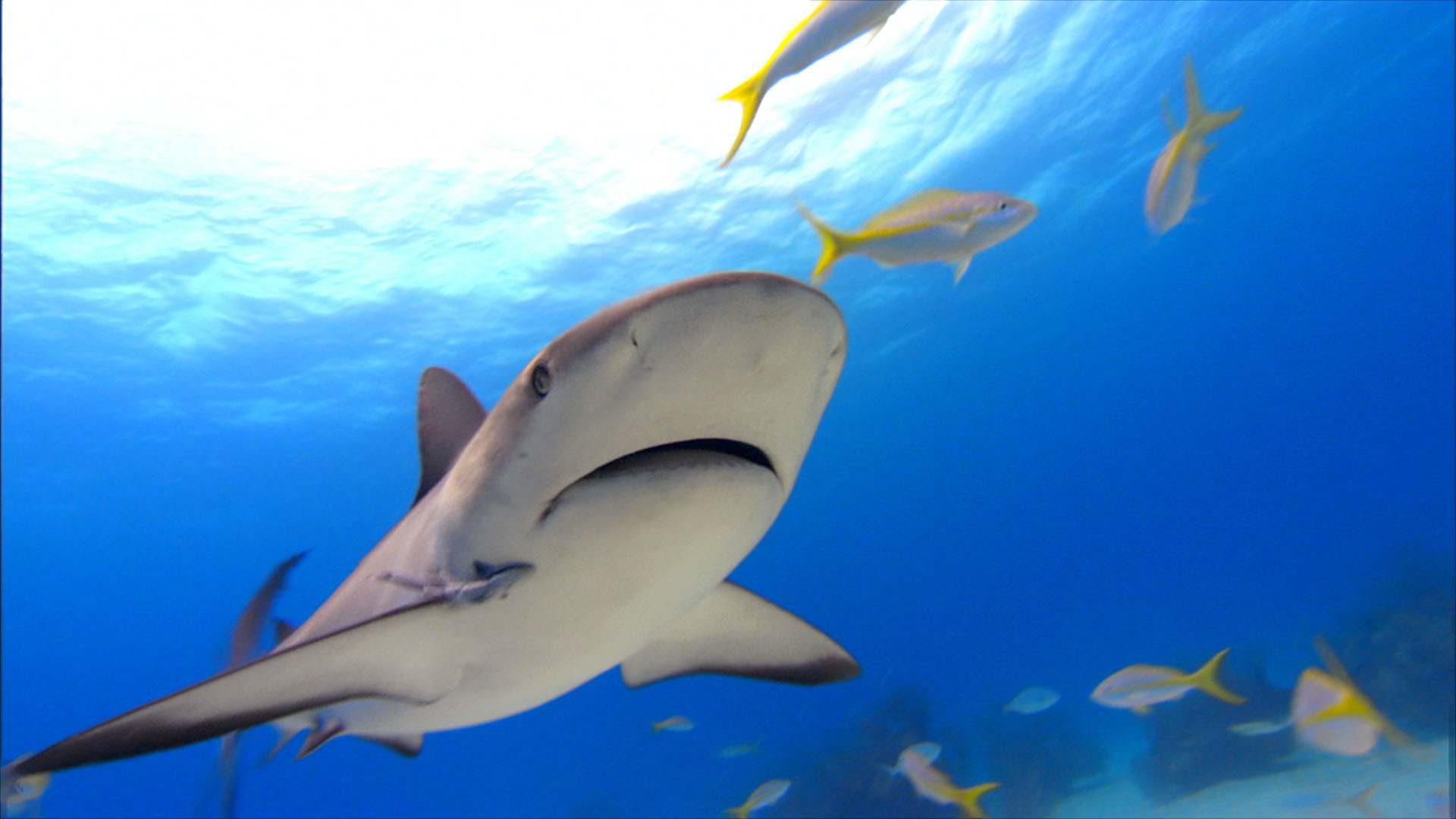What's the first thing you think of when you hear the word "shark"? For many, it's a gaping maw of razor-sharp teeth or a dorsal fin cutting ominously through the water behind an oblivious swimmer. John Williams' iconic Jaws score is probably running through your mind as you read this. Sharks are Hollywood's marine villains, vicious man-eaters that will stop at nothing to feed their insatiable hunger for blood. It's a characterization that bears about as much resemblance to the truth as you would expect from Tinseltown.
Actually, sharks have far more to fear from us than we do from them. While there might be a handful of shark attacks each year, usually nonfatal, between 26 and 73 million sharks are fished each year, largely for their valuable fins. Those numbers don't include the sharks that are killed as by-catch in commercial fishing and tossed back.
As sharks are long-living, slow to mature and only have a couple of pups at a time, these numbers are making it difficult for shark populations to replenish themselves. A third of all known shark species are already listed as near-threatened or worse by the International Union for Conservation of Nature, and conservation organizations have warned that if the current pace of depletion continues, sharks may be extinct in the wild within a few decades, with grim results for the ocean ecosystem.


















With your current subscription plan you can comment on stories. However, before writing your first comment, please create a display name in the Profile section of your subscriber account page.